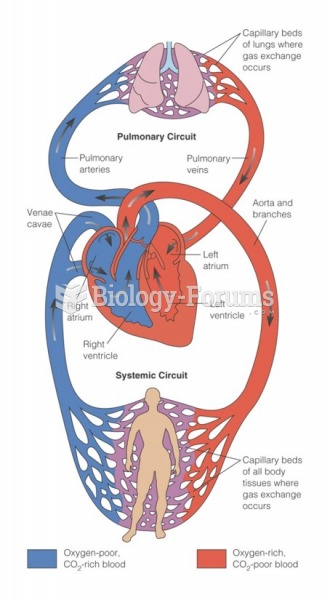Answer to Question 1
C
This individual becomes frustrated and angry when activity intolerance limits his independence and ability to perform activities of daily living. Although pulmonary fibrosis cannot be cured, expressing an understanding of the need to balance rest and exercise and helping this older adult manage his physiological limitations by balancing rest and exercise, along with other strategies, is the nurse's priority patient outcome. Potential behavioral disorders cannot be effectively ma-naged until the physiological needs of the patient are met according to Maslow's Hierarchy of Human Needs.
Verbalizing requests in a calm, respectful, and appreciative manner is not the nurse's priority patient outcome; the physiological need is more important to resolve; lower basic human needs must be met before higher level needs can be effectively managed. Identifying potential triggers of anger and positively redirecting energy is not the nurse's priority; physiological needs must be met first. Pulmonary fibrosis is not curable; therefore the patient will have pulmonary fibrosis until death.
Answer to Question 2
B
Feedback
A Incorrect. The nurse avoids limiting oral fluid intake because older adults, espe-cially those living in residential facilities, are at higher risk for dehydration than younger people.
B Correct. The nurse provides regular toileting to promote voiding and prevent incontinence for a resident with a potential cognitive impairment.
C Incorrect. Using absorbent undergarments may be unnecessary if the inconti-nence can be controlled with regular toileting.
D Incorrect. Nursing research supports the claim that ambulatory residents are less likely to be incontinent. This resident may have dementia, but maintaining mo-bility will have a greater impact in preventing incontinence.







